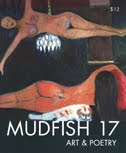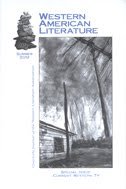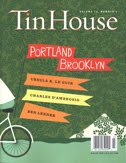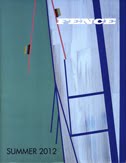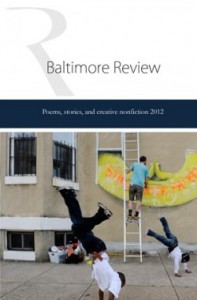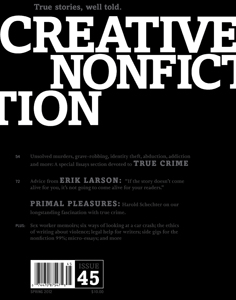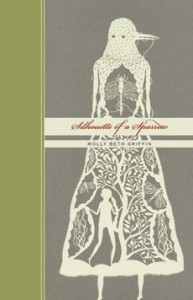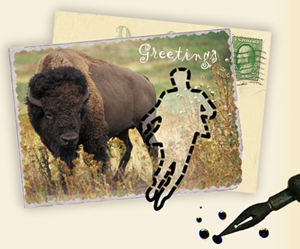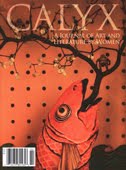With the print of their newest issue, CALYX announces and presents a new section to the magazine: an interview section. This issue features an interview by one of the CALYX editors Bethany Haug with Rebecca Lindenberg, author of Love, An Index (McSweeney’s, 2012). The interview discusses Lindenberg’s new book, her inspiration for poetry, and how her experience of gender has shaped her identity as a writer.
Lindenberg says, “Well, in the sense that [gender] has centrally shaped my identity as a human, I’d say it shapes my identity as a writer quite a lot. And like it or not, I think the truth is that in writings as in all things, women and their work still encounter a degree of mostly unconscious skepticism from people—male and female—who are in positions to select or publish (or praise) our work, or give us jobs, or claim us as influences.” She goes on to say, “I aspire to be the same kind of poet as I am a woman/human—educated, inventive, generous, curious, ethical, attracted to quick wit and drawn to big, ambitious ideas, and maybe a little sassy, when the price is right.”
Senior Editor Rebecca Olson says, “You can continue to look forward to this interview section in future issues where we’ll feature discussions with the best and brightest women writers and artists today.”
The rest of the issue features poetry, prose, and art from Lisa Bellamy, Susan Nisenbaum Becker, Jung Hae Chae, Sandra Cisneros, Vanessa Hua, Julie Lein, Stephanie Glazier, Judy Halebsky, Jody Joldersma, Theresa Anderson, Katie Cercone, and more.

